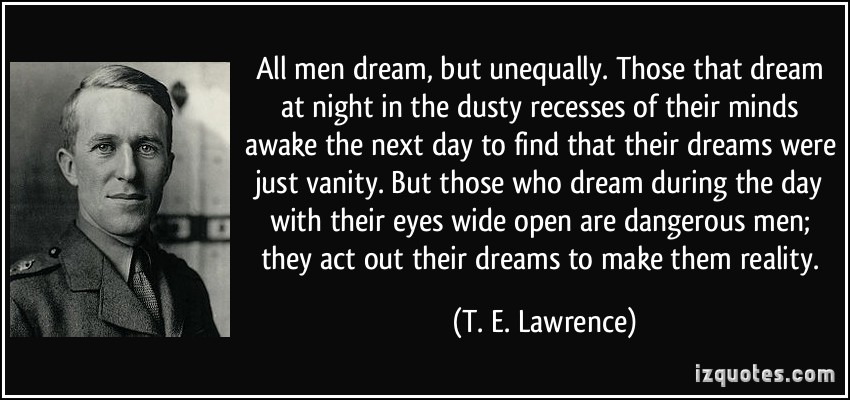“In your majesty ride out victoriously for the cause of truth and meekness and righteousness . . ." (Psa 45:4)

Those who live for a cause, those who live “on purpose” are a force not to be reckoned with. Borrowing an analogy from the shooting range, they are “front sight focused.” Eyes on target. No matter what comes, the center of attention is laser-beam focused on the one goal. Fully aware of what’s happening on all sides, the one who lives “on purpose” keeps the objective. Nothing gets in the way. Those who live without cause, without purpose, without “front-sight focus” are without direction, without foundation. They are without strength, taken captive, plundered.
The past few days we’ve been considering the love song which is Psalm 45. Right out the gate we meet a marvelous and majestic king riding out victoriously, with sword on his thigh. He is out to champion His cause, His Purpose:
He is victorious for the cause of Truth. Think about this: an estimated 65 percent of Americans polled either strongly agree or somewhat agree with the assertion that "there is no such thing as absolute truth." Huh? If there’s no such thing as absolute truth, how is it possible for anyone to come to a conclusion? Absurd! Truth is the stability, the foundation of His kingdom. Truth is like a belt that holds everything together. It is central. He goes to battle against all that is not truth for He has zero toleration for deception.
He is victorious for the cause of Meekness. How does one war for humility, gentleness? By taking a stand against pride. Meekness is the poverty of spirit when one comes to the end of self--when one has come “to the borders of their existence” as Bonhoeffer would say. There’s an acceptance, a kind of resolve where one lets go and takes what comes without complaint, knowing something greater than oneself is involved. He exalts the meek and the lowly. He breaks the defiant who raise a fist to His face, standing against Him in a show of their own strength.
He is victorious for the cause of Righteousness. He is not merely against all that is wrong, but is the judge by which “good” is determined. Gold is the standard of all that is precious. Honey is the standard by which sweetness is measured. This great King is the standard of all that is right, the embodiment of that reality.
Do you see the beauty of this King who rides out in victory already won? He is all about His cause, His purpose. What blessing we find to readjust our focus, letting our eyes fall on His cause for our own purpose. Living without purpose is living without aim, focusing on nothing and hitting it every time.

